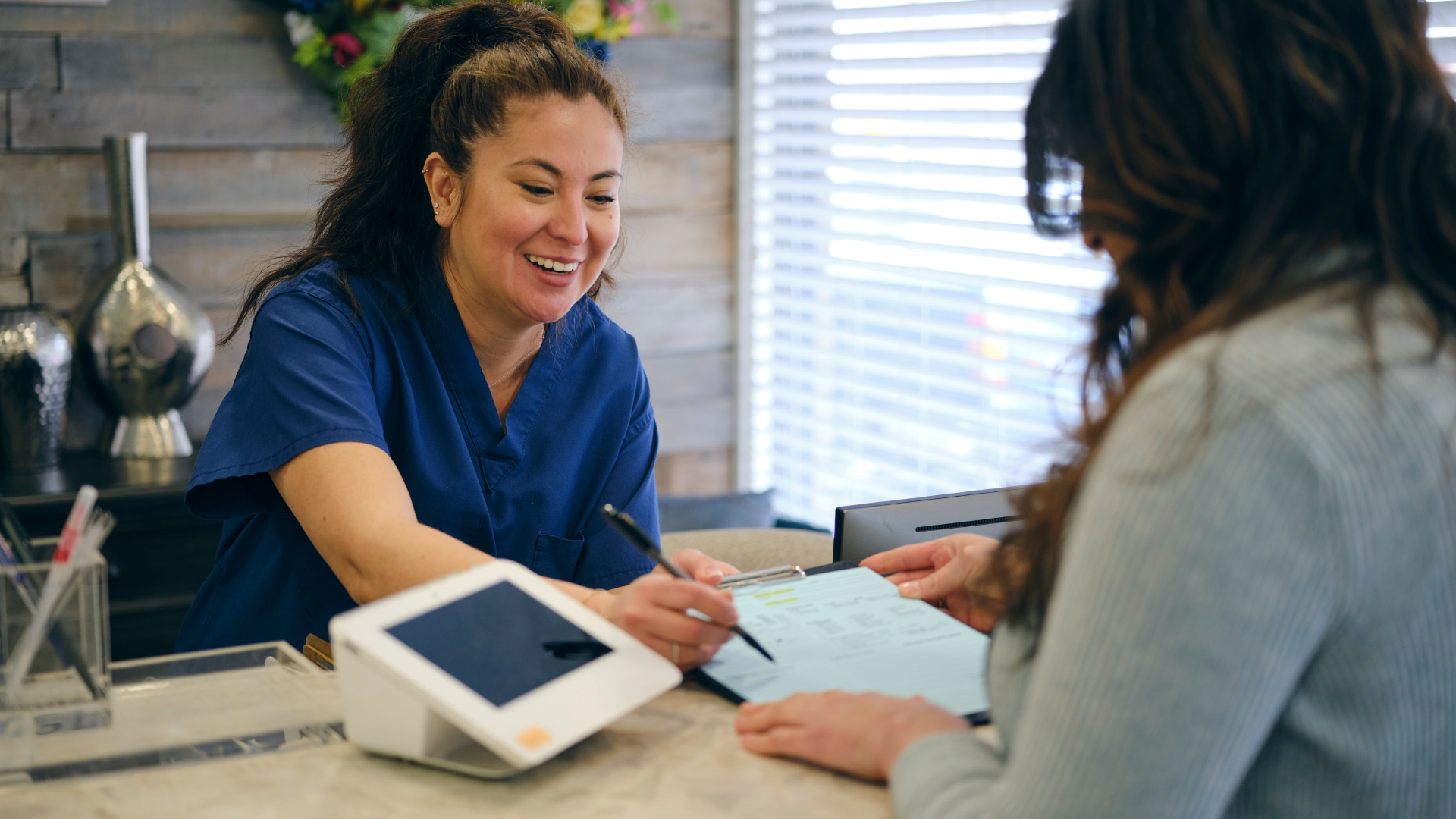The Columbus Metropolitan Club hosted a forum on April 22 featuring Dr. Mysheika Roberts, Health Commissioner for Columbus Public Health and Stephanie Hightower, President & CEO of the Columbus Urban League, to discuss how the Coronavirus pandemic has not only exposed but exacerbated decades-old racial inequities and disparities in our communities.
After a friendly reminder to wash hands thoroughly and often, continue to adhere to social distancing guidelines and wear a mask if you must leave your home for essential tasks, Commissioner Roberts launched into remarks on how her department, prior to the pandemic, was tasked with looking at racism as a public health crisis. The Center for Public Health Innovation opened in Columbus on April 10 to do just that, but currently their work will center on racial disparities related specifically to COVID-19 in Columbus and around the country. This work is more important than ever as racial disparities that existed prior to the pandemic have put African-Americans at greater risk for contracting COVID-19 and having more severe complications.
This work is more important than ever as racial disparities that existed prior to the pandemic have put African-Americans at greater risk for contracting COVID-19 and having more severe complications.
African-Americans have an increased likelihood of being diagnosed with a chronic health condition such as diabetes and hypertension, which in turn puts them at a greater risk of COVID-19 hospitalization and death. African-Americans are also more likely to be front line workers without health insurance so the possibility of having an underlying, chronic condition without being aware of it is much higher than the general population. African-Americans are much less likely to have a job that allows them to work remotely, leaving them either unemployed or working an essential job that leaves them vulnerable and at risk.
Hightower opened her remarks about disparities as they relate to communities of color by stating “we’re in the storm together, but we’re not in the same boat.”
She pointed to a few examples she’s witnessed in the communities she serves as a testament to that:
- Black Americans, specifically Black men who are at an increased risk of being profiled by law enforcement and store employees, are apprehensive about wearing the recommended face masks in public, leaving them exposed as they weigh their options of possibly being targeted or risk contracting COVID-19
- Minority businesses, which are historically small, are struggling with technical assistance to receive small business and payroll assistance from the state and federal governments.
- African-Americans, who are less likely to have substantial savings, are going to be the first families in eviction court due to nonpayment of rent when landlords can start the process again.
African-Americans are much less likely to have a job that allows them to work remotely, leaving them either unemployed or working an essential job that leaves them vulnerable and at risk.
Host Colleen Marshall of WCMH NBC 4 highlighted how the Columbus Division of Police issued warnings to party-goers and amateur basketball players who did not adhere to social distancing guidelines, but the department was nowhere to be found when protestors stormed the Statehouse stairs to protest Governor Mike DeWine’s stay-at-home order.
While Hightower agreed that these groups were treated differently by police, something she described as normal, she emphasized that it’s a double-edged sword. Currently the goal is to avoid putting people in jail as confined spaces continue to be hot spots for COVID-19 and personal-protective equipment is hard to come by, even for officers. The focus instead, she says, should be on assisting those who get out of the penal system to get an identification card, housing and necessities as having individuals entering and exiting the penal system heightens the risk of contraction.
The focus instead…should be on assisting those who get out of the penal system to get an identification card, housing and necessities.
Roberts, who is optimistic about the health of the city, even under current conditions, wants to assure those in Central Ohio know that her department is a resource for a potential vaccine, testing information and educational materials. She encourages African-Americans to insure they have a primary care doctor who will be able to assist them with health needs now and after the pandemic subsides.








